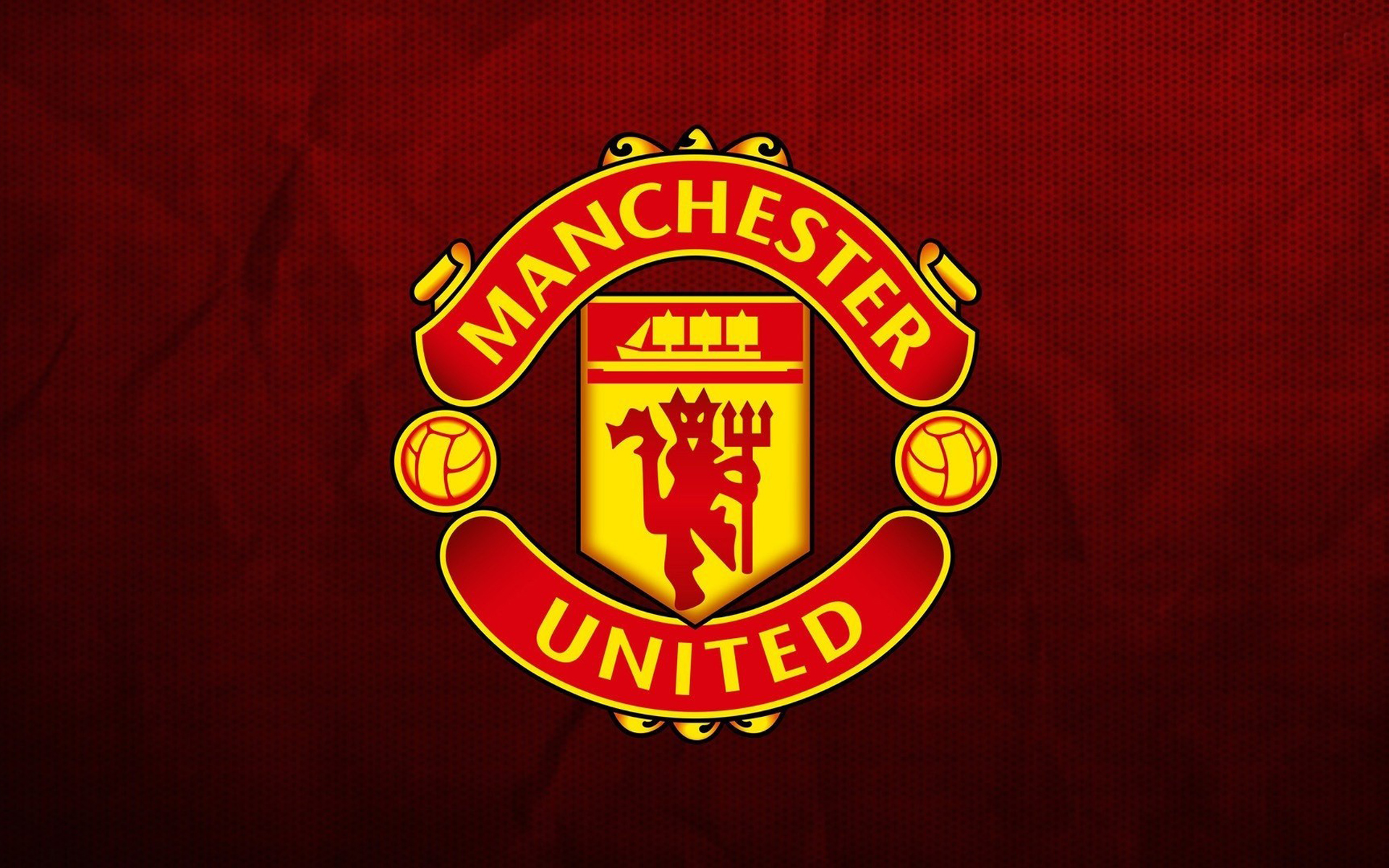amicitaacademy.com – Manchester United Football Club, one of the most storied and successful football clubs in the world, boasts a rich history that intertwines triumph, resilience, and tradition. Founded in 1878 as Newton Heath LYR Football Club, the team evolved into Manchester United in 1902 and has since become a global footballing powerhouse. This article explores the team’s history, its iconic traditions, and what makes Manchester United a beloved club worldwide.
Foundations and Early Years
Manchester United’s origins trace back to the industrial revolution in England when the club was formed by the railway workers of the Lancashire and Yorkshire Railway. The early years were characterized by fluctuating fortunes and a series of challenges, including financial difficulties and a lack of stability. However, in 1902, local brewery owner John Henry Davies stepped in to save the club, leading to its rebranding as Manchester United.
The Rise to Prominence
The early 20th century marked the beginning of Manchester United’s rise to prominence. The club won its first league title in 1908 and followed it up with an FA Cup victory in 1941. However, the club’s trajectory took a tragic turn in 1958 when a plane crash in Munich claimed the lives of eight players, known as the “Busby Babes.” The incident profoundly affected the club, yet it also served as a catalyst for unity and determination to rebuild.
The Sir Matt Busby Era
Under the management of Sir Matt Busby, who became the club’s manager in 1945, Manchester United developed a style of play that emphasized attacking football and youth development. The success of the Busby Babes, a group of talented young players, led to the club’s first European success in 1968 when they became the first English team to win the European Cup, defeating Benfica in the final.
Traditions and Culture
Manchester United is known for several traditions that enrich its identity:
- The Red Devils: The nickname “The Red Devils” was adopted in the 1960s and has since become synonymous with the club. The emblematic red kit symbolizes strength and passion, and the team’s colors are a source of pride for its supporters.
- Old Trafford: Known as the “Theatre of Dreams,” Old Trafford has been Manchester United’s home since 1910. The stadium is steeped in history and can hold over 74,000 fans. The matchday atmosphere at Old Trafford is electric, with fans chanting and singing traditional songs, fostering a sense of community and belonging.
- Youth Development: Manchester United has a long-standing tradition of nurturing young talent. The club’s youth academy has produced several legendary players, including Ryan Giggs, Paul Scholes, and David Beckham. The commitment to developing homegrown players is a fundamental aspect of the club’s philosophy.
- Famous Rivalries: Manchester United has fierce rivalries, most notably with Liverpool and Manchester City. The matches against these teams are highly anticipated and often define the season for fans. The rivalry with Liverpool, rooted in the history of both clubs, is particularly intense, as both teams vie for dominance in English football.
The Ferguson Era
The appointment of Sir Alex Ferguson in 1986 marked a transformative era for Manchester United. Under his leadership, the club achieved unprecedented success, winning 13 Premier League titles and 2 UEFA Champions League trophies during his tenure. Ferguson’s focus on youth development, tactical innovation, and mental fortitude redefined the club’s identity and solidified its status as a global giant.
Post-Ferguson Era and Resilience
After Ferguson’s retirement in 2013, Manchester United faced challenges in maintaining its previous level of success. The club experienced managerial changes and fluctuating performances. However, the unwavering support of its fans and the rich legacy of the club continue to inspire resilience and determination.
Global Impact and Fan Culture
Manchester United’s reach extends far beyond the borders of England. The club boasts millions of fans worldwide, united by their passion for the team. Fan culture plays a vital role in the club’s identity, with supporters coming together to celebrate victories and support the team during challenging times. The club’s slogan, “Glory, Glory Man United,” resonates deeply with fans, symbolizing the enduring spirit and pride associated with the club.
Conclusion
Manchester United’s history is one of triumph, resilience, and an unwavering commitment to excellence. From its humble beginnings to its status as a global football powerhouse, the club’s traditions and culture continue to thrive. As Manchester United looks to the future, its rich legacy and passionate fanbase will undoubtedly remain at the heart of the club, inspiring new generations of players and supporters alike. Whether celebrating victories or overcoming challenges, Manchester United embodies the essence of football—a game that unites and inspires millions around the world.

